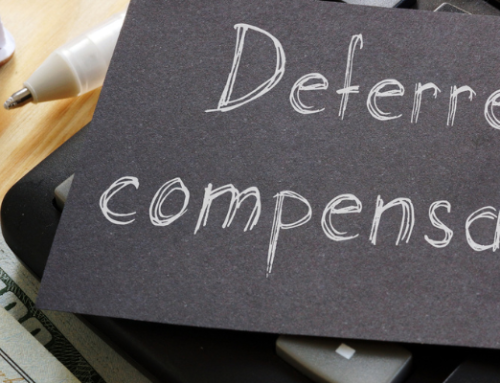The U.S government’s total contract spending increased to around $680 billion in fiscal year 2020. The federal government is the largest single customer in the world. Continuing with our Basics of Government Contracting Series, in this blog post we will discuss how the federal government buys goods and services and what you need to know as a government contractor. The government buys all kinds of goods and services and they buy the same things businesses buy. Examples of how the federal government spends money on goods and services are:
- office supplies, e.g.: paper clips, pens
- equipment purchases, e.g.: computers
- professional services such as consulting or design work by contractors
- construction or renovation of buildings
- transportation, e.g.: airline tickets, rental cars
- telecommunications, e.g.: phone service, internet access
- commodities, e.g.: food
- medical supplies and equipment
The government uses a variety of methods to purchase goods and services. The most common way the federal government buys goods and services is through contracts. A contract is an agreement between two or more parties where each party has certain obligations that they agree to perform. In the context of the federal government, a contractor agrees to provide specific goods or services to the government in exchange for money.
The government has a special process for how they buy goods or services called the Federal Acquisition Regulation (FAR). The FAR is a collection of rules that govern how federal agencies purchase anything from office supply to an aircraft carrier in order to ensure the government gets the best value for its money. The FAR is also how contractors know what they can and cannot do in their business dealings with the federal government.
The government’s procurement process can be complicated and there are a lot of rules and regulations that govern how the federal government buys goods and services. As a business owner looking to sell to the government, it is important to understand the basics of how the government buys so you can be prepared when the time comes to market your company.
The first step of how the government buys goods or services starts before a contract exists between a contractor and a contracting officer at a federal agency called proposal development. Proposal Development includes:
- market research to understand what is available, how much it costs, and who can provide the good or service
- writing a proposal that responds to the government’s needs and describes how the contractor will meet those needs
- submitting the proposal through the proper channels
Contracts are awarded through a variety of methods: sealed bidding, negotiation, or competitive proposals.
The government’s goal is to get the best value for its money and there are a number of factors they use to determine what constitutes best value. One factor is how well the contractor meets the needs specified in the solicitation, called technical merit. The government will also look at how much it will cost the contractor to meet the government’s needs, called price or cost. Other factors such as past performance, quality, and delivery can also be considered.
Once a contractor is awarded a contract, they become responsible for performing the work specified in the contract. This includes meeting all deadlines and requirements as well as adhering to any financial terms agreed upon in the contract. The government also has the right to audit a contractor’s books and records to ensure they are performing in accordance with the contract.
If you are interested in doing business with the federal government, it is important to understand how the government buys goods and services and what the rules and regulations are that govern their procurement process. The FAR can be daunting, but it is important for any business owner to familiarize themselves with the rules and how the government buys before they do business with them.
Want to pursue government contracts, but you’re not sure where or how to begin? Neena Shukla, CPA, CFE, CGMA, FCPA, CTP, Partner and Team Leader of PBMares’ Government Contracting Team, can provide guidance to help get you started.





